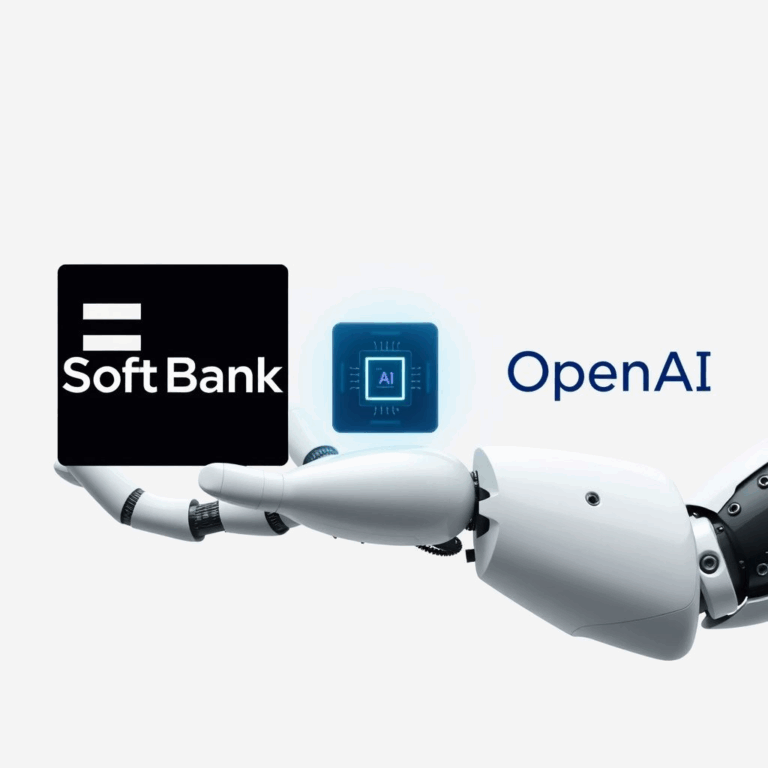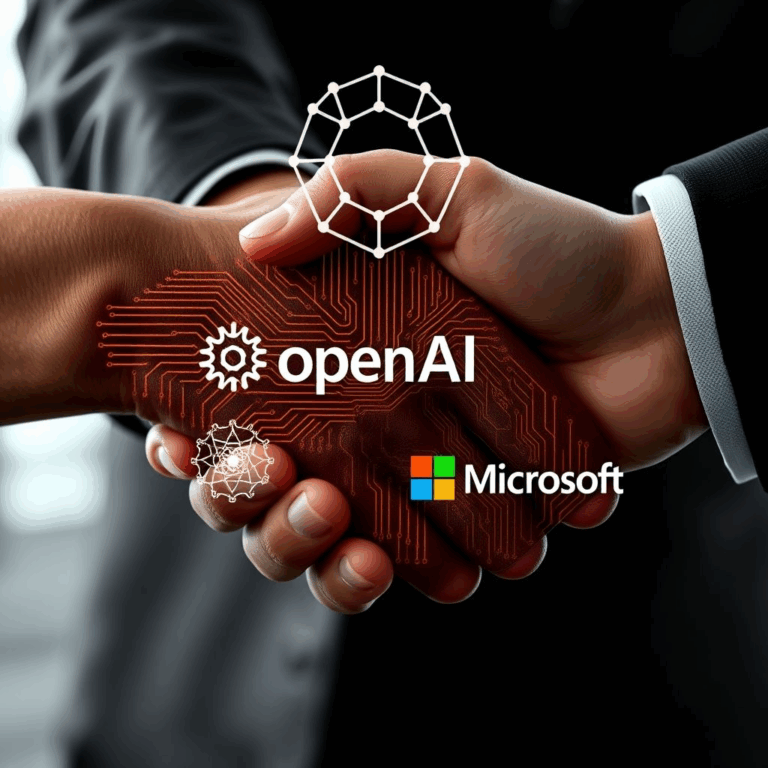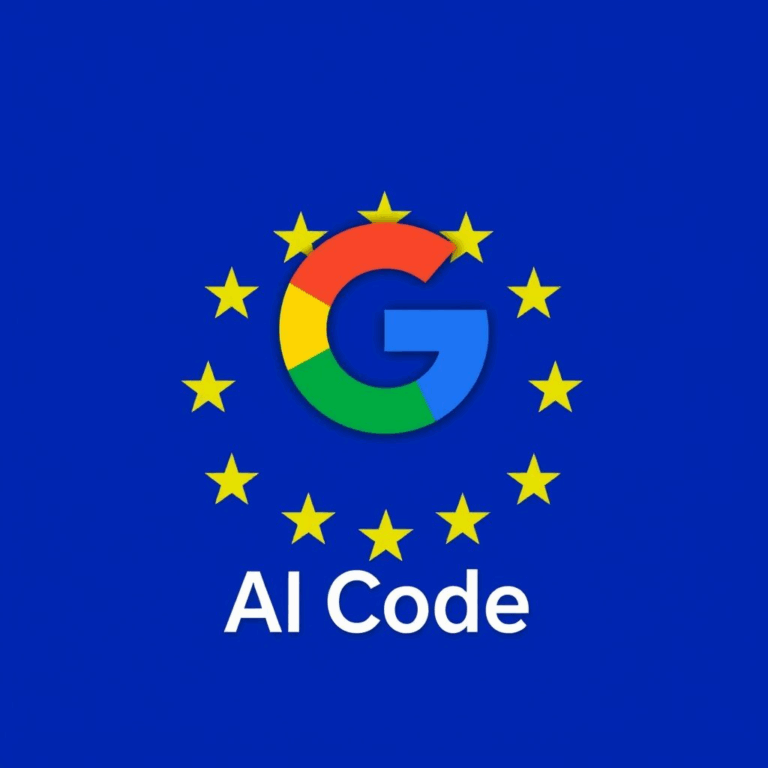Introduction
In a strategic move announced July 22, 2025, the UK government formalized a Memorandum of Understanding (MoU) with OpenAI to deploy AI technologies across public services. The non-binding agreement is expected to accelerate digital transformation by integrating OpenAI’s GPT‑4o and related models into tools used by civil servants.
Background & Motivation
The UK previously signed non-binding MoUs with Anthropic and Google Cloud earlier in 2025. The OpenAI pact builds on these efforts and is intended to bolster UK’s AI Growth Zones initiative while supporting the AI Security Institute collaboration. It reflects growing recognition that AI tools can improve administrative efficiency, streamline citizen feedback, and support policy development.
Key Provisions of the MoU
- Integration of GPT‑4o into government tools like ‘Consult’ for summarizing public feedback
- Expansion of OpenAI’s UK operations and potential infrastructure investment
- Collaboration on safety guidelines with UK AI Security Institute
- Joint promotion of AI training and workforce development in civil service
Industry and Government Response
Science and Technology Secretary Peter Kyle highlighted that this partnership is crucial for responsible AI adoption while ensuring UK-based startups remain competitive in public procurement opportunities. Critics caution about potential overreliance on U.S. firms, but government officials insist the approach is balanced and transparent.
Public Sector Impact
- Tools like GPT‑4o–powered summarizers could reduce administrative workload by up to 40%
- Faster policy iteration through AI-assisted citizen engagement analysis
- Training programs could add 100,000 AI-literate civil servants by 2030
Expert Commentary
Dr. Yael Marton from UK AI Institute noted: “Such partnerships can transform service delivery—but must come with strong governance on privacy, transparency, and public accountability.”
According to a public administration professor, “Embedding generative AI directly into feedback tools could improve public trust—but only if used ethically and audited publicly.”
Challenges Ahead
- Ensuring data privacy and bias mitigation
- Balancing foreign AI reliance with UK innovation capacity
- Training civil servants to effectively use AI tools
Future Outlook
The MoU is expected to pave the way for deeper AI collaboration frameworks, potentially including co-funded research hubs or AI acceleration programs. Public-private partnerships may follow to support UK startups and diversify AI infrastructure sources.
Conclusion
The UK OpenAI MoU marks a milestone for integrating AI at the national governance level. If executed with transparency and inclusivity, it could serve as a model for how governments globally partner with AI firms to innovate public services responsibly.







